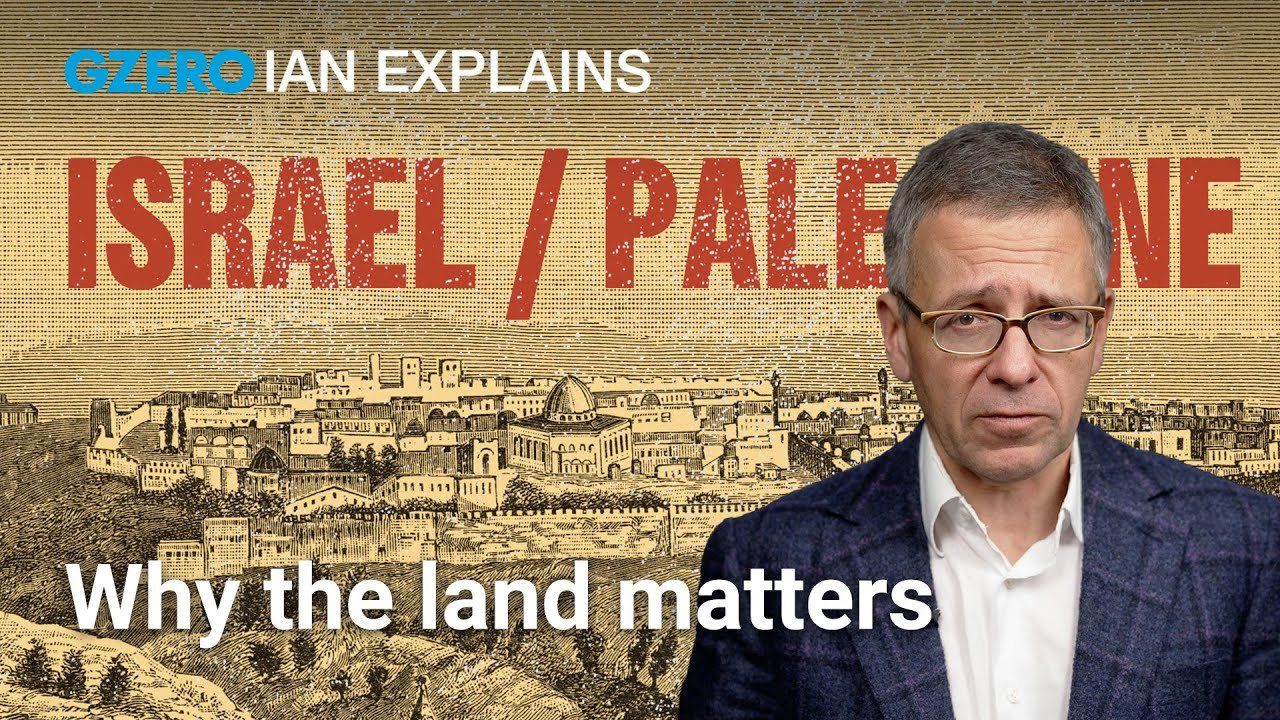
What does it matter where you live? It's a question as old as humanity. Our ancestors first traveled the world as nomads, but once we started farming and putting down less literal roots, the land beneath our feet became a crucial part of our identity.
A handful of millennia later, it's still the question driving the Israeli-Palestine conflict. Why must Israelis live in what they call Israel? Why must Palestinians live in what they call Palestine?
With a fragile ceasefire held between Israel and Hamas, President Trump stands beside Israel's Prime Minister, Benjamin Netanyahu, during a Washington press conference. Trump stuns the world, and apparently Netanyahu, by proposing to take over the Gaza Strip and turn it into, quote, "The Riviera of the Middle East." To the thousands of displaced Gazans, he says, don't go back.
President Trump is asking Gazans the same thing I asked you moments ago: What does it matter where you live? And honestly, it is a fair question for him to ask—though he's not exactly posing the same question to Israeli settlers on the West Bank. But if the region's bloody history has shown us anything, it's not so much asking the question that matters but who gets to answer it.
GZERO World with Ian Bremmer, the award-winning weekly global affairs series, airs nationwide on US public television stations (check local listings).
New digital episodes of GZERO World are released every Monday on YouTube. Don't miss an episode: subscribe to GZERO's YouTube channel and turn on notifications (🔔).